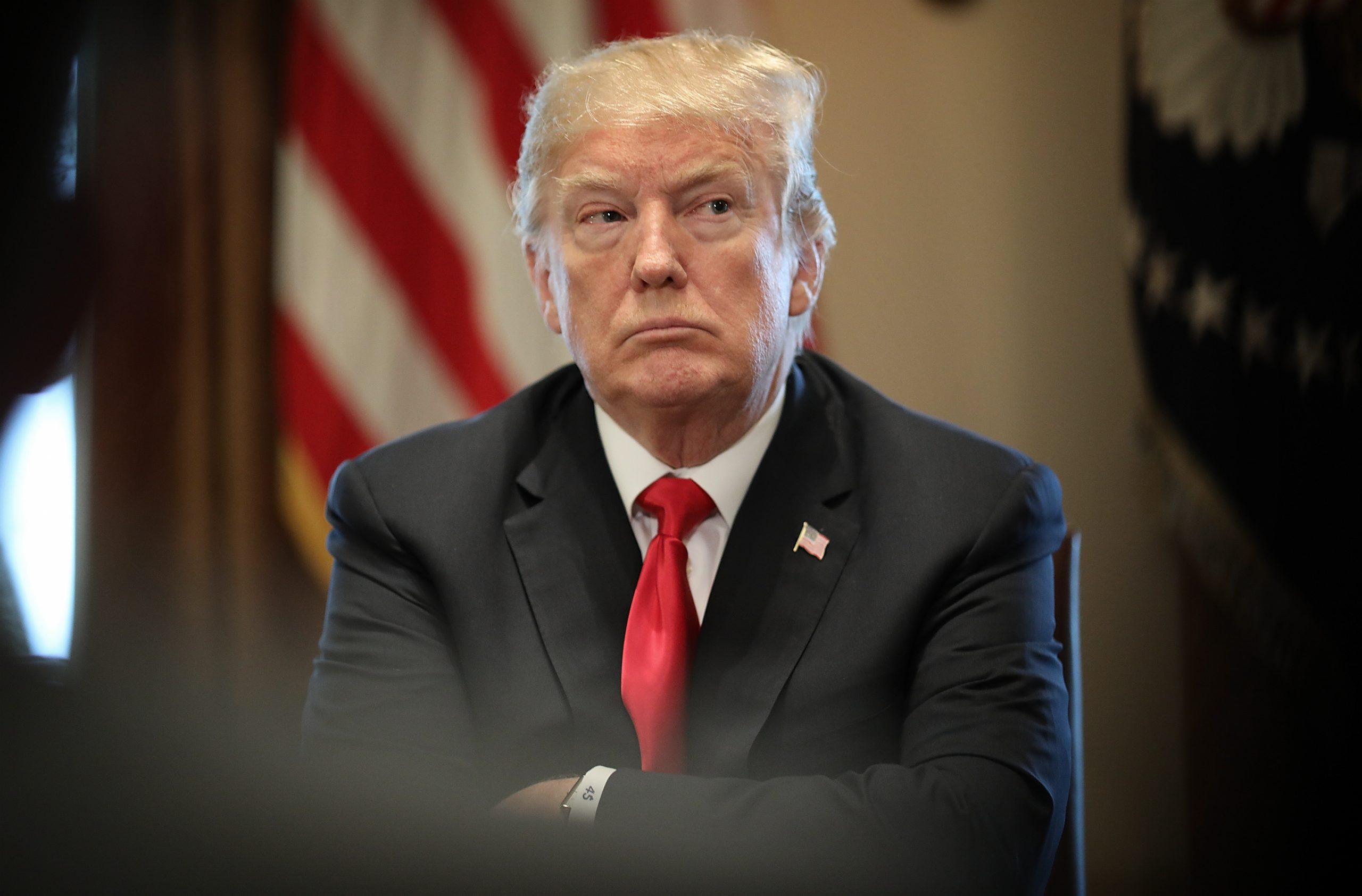Is Trump Going to Announce Bitcoin as a U.S. Strategic Reserve Asset?
19.07.2024 8:00 2 min. read Alexander Stefanov
Former President and current Republican presidential candidate Donald Trump is rumored to announce Bitcoin as a “strategic reserve asset” at a crypto conference in Nashville later this month. This potential move could mark a significant shift in U.S. financial strategy.
Trump is expected to speak at the upcoming Bitcoin event, and Dennis Porter, co-founder and CEO of the Satoshi Action Fund, has hinted at this development based on reliable sources. Porter believes that incorporating Bitcoin into the U.S. Treasury as a strategic reserve could redefine global financial norms, pushing other nations to adopt similar positions.
Yves La Rose of ExSat views such a decision as a major transformation, emphasizing Bitcoin’s potential to enhance economic stability due to its decentralized and globally accepted nature. Similarly, Iva Wisher, co-founder of Prom, suggests that this initiative could increase Bitcoin’s legitimacy, attract new investors, and potentially impact its price positively. Wisher, however, anticipates that concrete details will become clearer post-election.
Trump’s pro-Bitcoin stance has evolved from his earlier criticism of cryptocurrencies. He has previously highlighted Bitcoin’s geopolitical importance and warned against policies that could disadvantage the U.S. in favor of nations like China and Russia.
In addition to Trump, other political figures such as Vivek Ramaswamy and Robert F. Kennedy Jr. have also proposed integrating Bitcoin into the U.S. financial system. Senator Cynthia Lummis supports diversifying the Federal Reserve’s holdings with Bitcoin, viewing it as a valuable reserve asset.
Currently, the U.S. government holds substantial amounts of Bitcoin seized from illegal activities. If Trump follows through on this proposed strategy, the U.S. could further solidify its position as a leading Bitcoin holder. Eric Parker of Giddy notes that while this could be promising, the actual price impact remains uncertain.
Trump’s shift in stance reflects a broader trend of increasing crypto legitimacy in political circles, potentially transforming the role of Bitcoin in national financial strategies.
-
1
Esports Giant Moves Into Bitcoin Mining
05.07.2025 13:00 2 min. read -
2
Bitcoin Price Prediction: As BTC Hits New All-Time High Is $200K In Sight?
14.07.2025 21:56 3 min. read -
3
Bitcoin Dominance Nears Key Resistance — Is Altseason Coming Next?
13.07.2025 17:00 2 min. read -
4
Elon Musk Unveils His Own ‘America Party,’ Signals Pro-Bitcoin Political Shift
07.07.2025 11:40 2 min. read -
5
Bitcoin Blasts Past $121,000 as Institutions Fuel Rally—Will Altcoins Follow?
14.07.2025 8:15 2 min. read
Global Money Flow Rising: Bitcoin Price Mirrors Every Move
Bitcoin is once again mirroring global liquidity trends—and that could have major implications in the days ahead.
What is The Market Mood Right Now? A Look at Crypto Sentiment And Signals
The crypto market is showing signs of cautious optimism. While prices remain elevated, sentiment indicators and trading activity suggest investors are stepping back to reassess risks rather than diving in further.
What Price Bitcoin Could Reach If ETF Demand Grows, According to Citi
Citigroup analysts say the key to Bitcoin’s future isn’t mining cycles or halving math—it’s ETF inflows.
Is Bitcoin’s Summer Slowdown a Buying Opportunity?
Bitcoin may be entering a typical summer correction phase, according to a July 25 report by crypto financial services firm Matrixport.
-
1
Esports Giant Moves Into Bitcoin Mining
05.07.2025 13:00 2 min. read -
2
Bitcoin Price Prediction: As BTC Hits New All-Time High Is $200K In Sight?
14.07.2025 21:56 3 min. read -
3
Bitcoin Dominance Nears Key Resistance — Is Altseason Coming Next?
13.07.2025 17:00 2 min. read -
4
Elon Musk Unveils His Own ‘America Party,’ Signals Pro-Bitcoin Political Shift
07.07.2025 11:40 2 min. read -
5
Bitcoin Blasts Past $121,000 as Institutions Fuel Rally—Will Altcoins Follow?
14.07.2025 8:15 2 min. read


